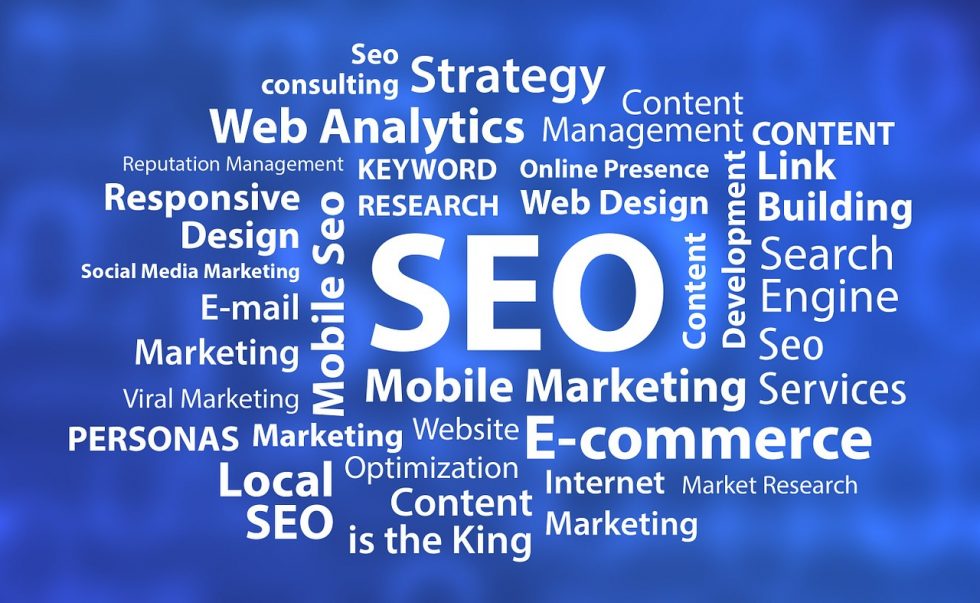In this post, we hope to build on your foundational knowledge of SEO so that you can comfortably move forward with making your business more visible online. Let’s jump right in!
What is SEO?
SEO is short for Search Engine Optimization, which encompasses all of the activities aimed at increasing both the quantity and quality of organic website traffic, along with the exposure to your brand through the search engine results.
While it might seem otherwise at first glance, SEO is as much about the people as it is about the search engines themselves. It’s all about understanding what people search online, the kind of answers they are seeking, the kind of content they wish to consume, and the words they’re using on search bar. With these answers in mind, you’ll be able to connect better to the people looking for products or solutions you offer.
If understanding the intent of your audience is one side of the SEO coin, then delivering it in a way that search engine crawlers understand is the other.
Basics of Search Engines
Search engines are basically answer machines. Their work is to scour billions of content pieces and evaluate a set of factors to figure out which content is most likely to answer the search user’s query.
They do all this be cataloging and discovering all of the available content on the web, including web pages, images, PDFs, videos, etc. via a process known as crawling and indexing. They then order the content in the search results based on how well it matches the query through a process referred to as ranking. We’ll cover indexing, crawling, and ranking in more details in Chapter 2.
So, What are Organic Search Results?
As we mentioned earlier, organic search results are ones earned via effective SEO (not paid for). Previously, these were quite easy to spot, where the ads were clearly distinguishable, and the remaining results would typically take the form of “10 blue links” that were listed below them. However, search engines have evolved, and it’s not as easy to spot organic search results.
The search engine results pages (SERPs) of today are full of both ads and more dynamic organic results formats, usually referred to as SERP features. Some examples of these SERP features include featured snippets (answer boxes) Image carousels, ‘People Also Ask’ boxes, etc. New SERP features emerge every now and then, and these are mainly driven by what users are seeking.
For instance, when you search “Denver Weather”, you’ll get an elaborate weather forecast for Denver directly in the SERPs rather than a link to a website that might have that forecast. In a similar way, if your search for “Denver pizza”, you’ll get a more localized result that features the top pizza places in Denver. All this is meant to enhance user experience.
Keep in mind that search engines make most of their money from advertising. Their aim is to effectively solve the user’s queries with relevant SERPs, so that they’ll keep coming back, and also keep them on the SERPs for longer.
Some of the SERP features on Google Search are organic and are influenced by SEO. These include related questions (‘People also Ask’ boxes) and featured snippets (promoted organic results containing answers inside a box).
Keep in mind that there are many other search features that although they aren’t paid ads, they can’t be affected by SEO. Such factors have data obtained from proprietary sources like WebMD, Wikipedia, and IMDb.

Why is SEO Important?
Although social media, paid advertising, and other online platforms can help to generate traffic for websites, much of the traffic online is driven by the search engines. Organic search results appear more credible to the savvy searchers, generally cover more digital real estate, and tend to receive way more clicks compared to the paid advertisements. For instance, in all of the US search only about 2.8% of the users click on paid advertisements.
Generally speaking, SEO has around 20X more opportunities for traffic compared to PPC ads on both desktop and mobile. Moreover, it’s one of the only marketing channels that when done correctly, can continue paying dividends over time. Publishing a high-quality content piece that attracts the attention of users for the right keywords can keep your traffic snowballing over time. On the other hand, advertising will need constant funding to send traffic to your site.
While search engines keep getting smarter, they still need your help. Optimizing your website will help to deliver better information to the search engines, which will in turn index your content properly and display it higher in the search results.
Should You Hire an SEO Professional, Agency, or Consultant?
Based on the complexity of your website, your bandwidth, and your willingness to learn, you can actually do some basic SEO on your own. Otherwise, you may discover that you prefer getting the help of an expert SEO. Either way is fine.
If you do choose to work with a professional, it’s important to know that many consultants and agencies offer SEO services, though these can vary greatly in terms of quality. Choosing the right SEO company will save you a lot of time and money, since wrong SEO approaches and techniques can be detrimental to the success of our site.
Black Hat vs. White Hat SEO
Black hat SEO refers to SEO strategies aimed at trying to fool the search engines. Although black hat strategies can work, they have ethical implications, and risk having the website being penalized or de-indexed (removed from SERPs) by the search engines.
On the other hand, white hat SEO refers to the strategies or best practices that are in line with the rules of search engines; to offer more value to the users.
It’s worth mentioning that penalized websites have actually bankrupted businesses. That’s why it’s important to be vigilant when choosing an SEO agency or expert.
Search engines have similar objectives with the SEO industry
Search engines actually want you to succeed. Google even offers an SEO Starter Guide, which is much like a beginner guide to SEO. They’re also supportive of efforts made by the SEO community. Google also helps SEOs and webmasters through their Webmaster Central Help Forum, and often hosts live office hour hangouts.
And while the webmaster guidelines vary from search engine to search engine, the fundamental principles remain the same – never try to trick the search engines. Rather, always try to provide your visitors with a great experience.



